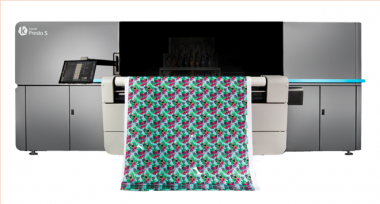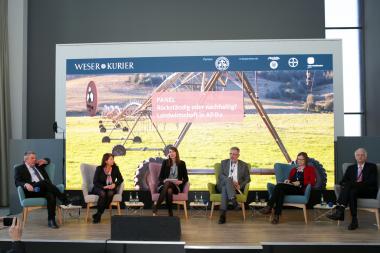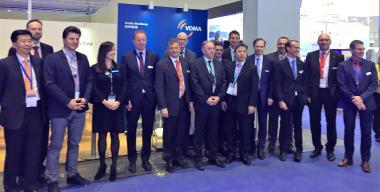ECHA: Candidate List updated with eight hazardous chemicals
Some of the newly added substances are used in consumer products such as cosmetics, scented articles, rubber and textiles. Others are used as solvents, flame retardants or to manufacture plastics products. Most have been added to the Candidate List because they are hazardous to human health as they are toxic for reproduction, carcinogenic, respiratory sensitisers or endocrine disruptors.
Companies must follow their legal obligations and ensure the safe use of these chemicals. They also have to notify ECHA under the Waste Framework Directive if their products contain substances of very high concern. This notification is submitted to ECHA’s SCIP database and the information will later be published on the Agency’s website.
Background
The Candidate List includes substances of very high concern that may have serious effects on our health or the environment. These substances may be placed on the Authorisation List in the future, which means that companies would need to apply for permission to continue using them. The Candidate List has now 219 entries – some of these cover groups of chemicals so the overall number of impacted chemicals is higher.
Under the REACH Regulation, companies may have legal obligations when their substance is included – either on its own, in mixtures or in articles – in the Candidate List. Any supplier of articles containing a Candidate List substance above a concentration of 0.1 % weight by weight has to give sufficient information to their customers and consumers to allow safe use.
Importers and producers of articles containing a Candidate List substance have six months from the date of its inclusion in the list (8 July 2021) to notify ECHA. Suppliers of substances on the Candidate List (supplied either on their own or in mixtures) have to provide their customers with a safety data sheet.
As of 5 January 2021, suppliers of articles on the EU market containing Candidate List substances in a concentration above 0.1% weight by weight must notify these articles to ECHA’s SCIP database. This duty comes from the Waste Framework Directive.
More information on these obligations and related tools are available here.
European Chemicals Agency






























